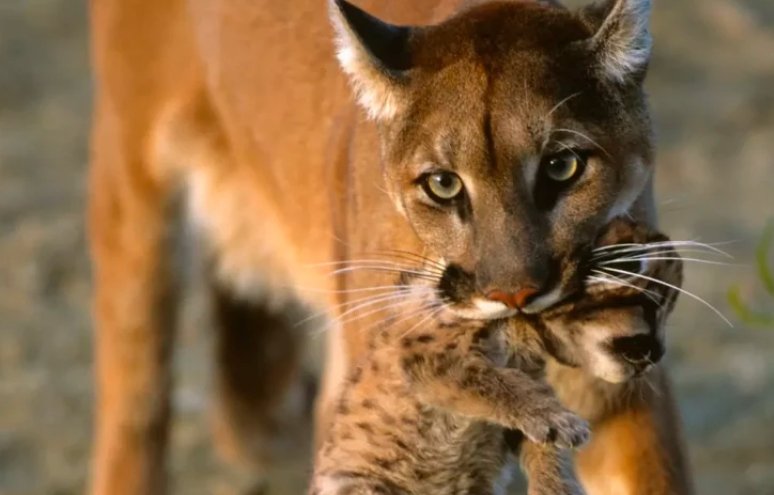In a significant move, Colorado voters will soon decide on a measure to ban the trophy hunting of mountain lions, bobcats, and lynx. This initiative, set to appear on the November 2024 ballot, has sparked intense debate among conservationists, hunters, and the general public. The measure, known as Initiative 91, aims to prohibit the intentional killing of these animals for sport, a practice that has long been controversial. Proponents argue that the ban is necessary to protect wildlife, while opponents claim it undermines science-based wildlife management.
The Controversial Measure
Initiative 91 has garnered both strong support and fierce opposition since it was introduced. The measure defines trophy hunting as the intentional killing, wounding, pursuing, or entrapping of mountain lions, bobcats, and lynx. This broad definition has led to concerns among hunting groups, who argue that it effectively bans all forms of hunting these animals. They contend that the measure is misleading, as it targets practices already regulated by existing laws.

Supporters of the initiative, including the group “Cats Aren’t Trophies,” argue that trophy hunting is inhumane and unnecessary. They believe that banning the practice will help preserve the populations of these animals and maintain ecological balance. The group has raised significant funds and gathered over 187,000 signatures to ensure the measure’s place on the ballot. They emphasize that the initiative is a step towards more ethical and sustainable wildlife management practices.
Implications for Wildlife Management
The potential ban on trophy hunting has significant implications for wildlife management in Colorado. Currently, the state has stringent regulations in place for hunting mountain lions, bobcats, and lynx. These regulations include mandatory education courses for hunters, strict licensing requirements, and limits on the number of animals that can be hunted each season. Proponents of the ban argue that these measures are insufficient and that a complete ban is necessary to protect the species.
Opponents, including the Colorado Wildlife Conservation Project, argue that the ban could have unintended consequences. They claim that regulated hunting is an essential tool for managing wildlife populations and preventing overpopulation. Without hunting, they argue, the populations of these predators could grow unchecked, leading to increased conflicts with humans and other wildlife. They also point out that hunting generates revenue for conservation efforts and supports local economies.
The Path Forward
As the November 2024 election approaches, both sides are ramping up their efforts to sway public opinion. Supporters of Initiative 91 are focusing on raising awareness about the ethical and ecological issues associated with trophy hunting. They are organizing events, running advertisements, and engaging with the community to build support for the measure. They believe that a ban on trophy hunting is a necessary step towards more humane and sustainable wildlife management.
Opponents are equally determined to defeat the measure. They argue that the initiative is based on misinformation and that it undermines science-based wildlife management practices. They are working to educate the public about the importance of regulated hunting and the potential consequences of a ban. They emphasize that hunting is a vital tool for maintaining ecological balance and supporting conservation efforts.














